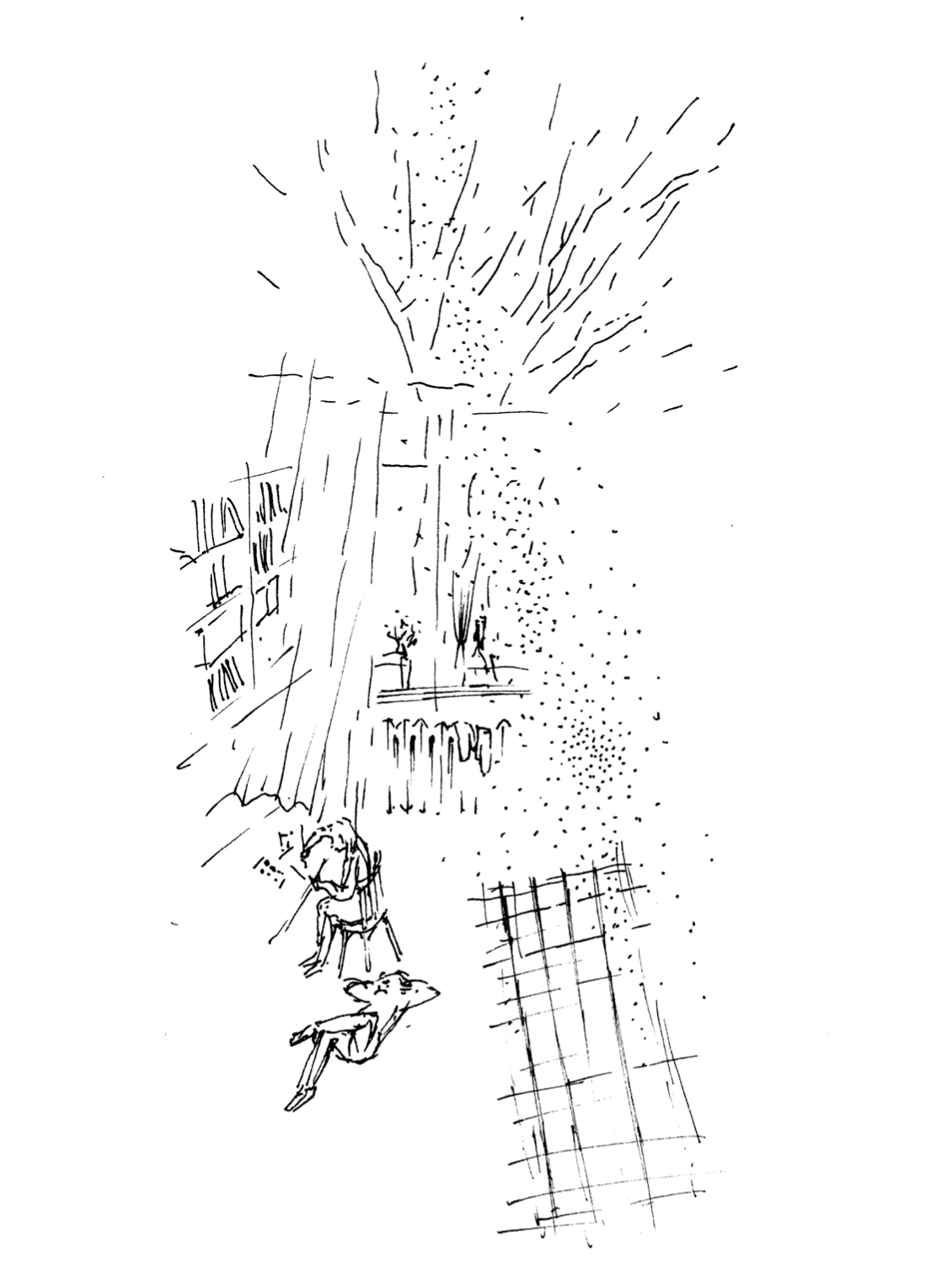Dmitri Strotsev – staub tanzend (Dancing Dust)
Translated from Russian by Andreas Weihe
Illustration by Alexandra Strotseva
hochroth Berlin 2020
ISBN 978-3-903182-56-1
Language: German
“ANNOUNCEMENT / I want greatness under all circumstances / I pay with bloody tears / urgently / Motherland”. Dmitri Strotsev alternates such ironic, conceptual, politically explosive “newspaper texts” with poetic and sometimes metaphysical tones. This is also the case in the poem of the title. “my sunlight / i am your dancing / dust”* – the poet describes his reading performances as a “poetic dance”. These poems explore such issues as the difficult legacy of the 20th century, existential questions of faith and criticism of the Orthodox Church, but also love and family ties. Andreas Weihe’s adaptation does wonderful justice to the rhythmic poems with their characteristic warm, colloquial intonation. “Dancing Dust” is the first German publication by the renowned Belarusian poet who writes in Russian. (Translated by Timothy Pogačar and Irina Stakhanova, edited by Ian Probstein).
Dmitri Strotsev is a Belarusian poet writing in Russian. Born in Minsk in 1963. An architect by education. Author of 22 books of poetry. Head of the literary and publishing project “Новые Мехи” (“New Wineskins”), publisher of the almanac and the poetry series “Minsk School”. Member of the Belarusian PEN Center. Laureate of the Russian Prize (2007). Laureate of the Norwegian Authors’ Union’s Freedom of Speech Award (2020). Laureate of the Ciampi Award – Valigie Rosse (Italy, 2020). Grand Prix of the prize for the best poem of the year by “Metajournal” (2020). Laureate of the Václav Havel Library Foundation Disturbing the Peace Award for a Courageous Writer at Risk (2021). Laureate of Swedish PEN’s Tucholsky Award (2021). Laureate of the Belarusian PEN Center Aleś Adamovič Award (2021). The poems have been translated into English, Belarusian, Georgian, Italian, Latvian, Lithuanian, German, Norwegian, Polish, Ukrainian, French, Swedish, Czech, Estonian and other languages.
Andreas Weihe was born in Germany in 1951. Studied biology in Kharkiv and Moscow, and has since then been intensively involved with Russian/Soviet literature and culture. Started translating in the 1980s, among his translations are the letters of Marina Tsvetaeva, the texts on literary studies and journalist essays. After ending his scientific career in 2017, Weihe returned to translating prose and poetry from Russian.

